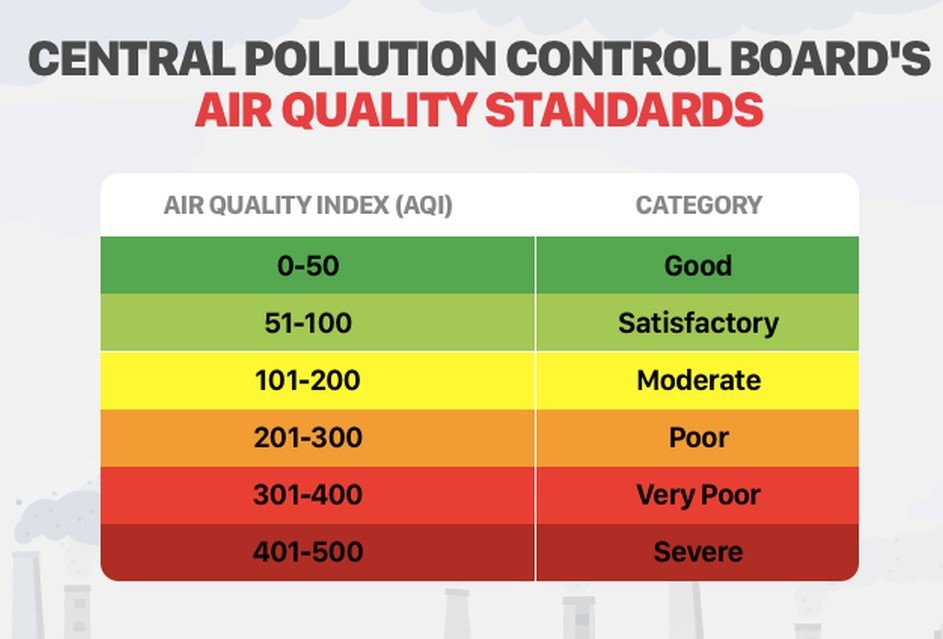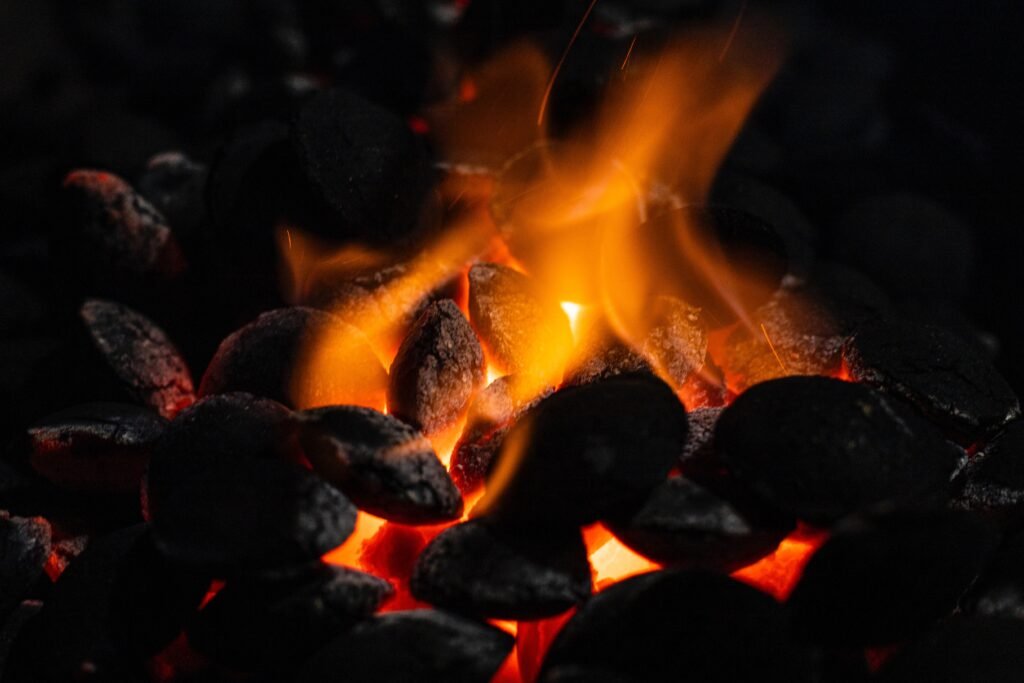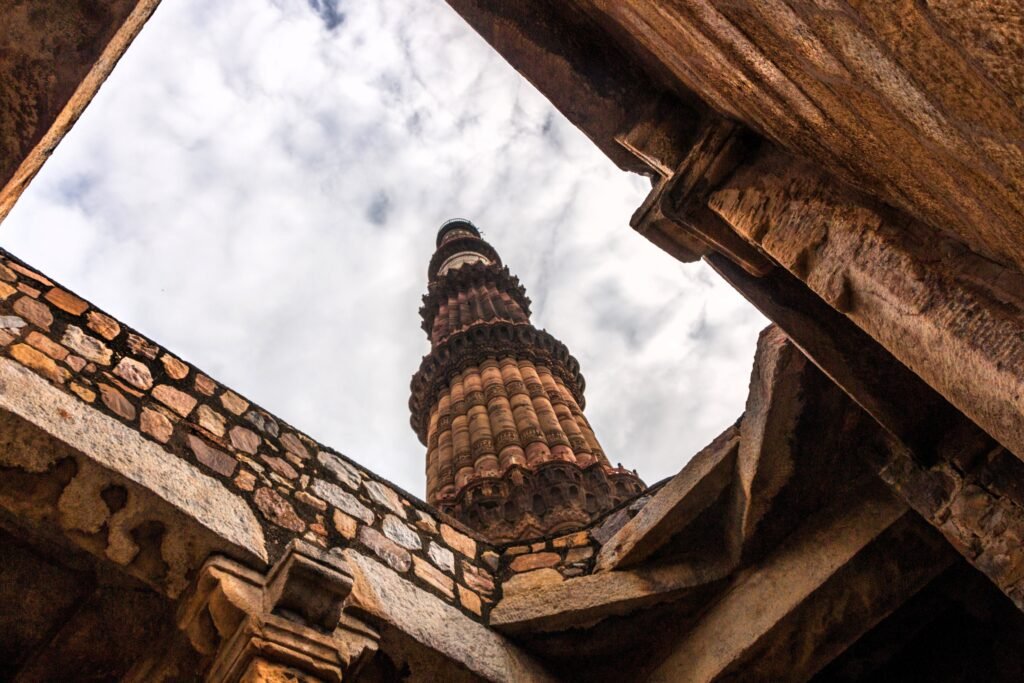New Delhi: The Centre’s air quality panel Friday directed authorities in the National Capital Region to enforce a ban on coal usage in hotels and restaurants, and to take punitive measures against polluting industries and thermal power plants as the air quality in Delhi plunged into the ‘poor’ category. This action comes as part of the central government’s pollution control plan known as the ‘Graded Response Action Plan’ (GRAP) which is implemented in Delhi-NCR to combat air pollution during the winter season.
The Commission for Air Quality Management (CAQM), a statutory body responsible for proactively implementing GRAP, reported a “sudden decline” in air quality parameters in the region over the last 24 hours, with Delhi’s AQI reaching 212 (in the ‘poor’ category).

“It is essential to invoke Stage-I of GRAP immediately throughout the entire NCR to take steps to prevent further deterioration of air quality in the region,” the commission said in a statement.
GRAP categorizes actions into four stages: Stage I – ‘Poor’ (AQI 201-300), Stage II – ‘Very Poor’ (AQI 301-400), Stage III – ‘Severe’ (AQI 401-450), and Stage IV – ‘Severe Plus’ (AQI > 450).
Stage 1 mandates the suspension of work at private construction and demolition projects with a plot size equal to or exceeding 500 sqm that are not registered on the state government’s portal for remote monitoring of dust mitigation measures.

Authorities are also tasked with enforcing a complete ban on the use of coal and firewood in tandoors at hotels, restaurants, and open eateries, along with taking punitive action against polluting industrial units and thermal power plants within 300 kilometers of Delhi.
Ensuring the proper implementation of guidelines for dust mitigation at construction and demolition project sites and sound environmental management of resulting waste is also part of Stage 1.
Stage II measures involve increasing parking fees to discourage private transport and enhancing CNG/electric bus and metro services by introducing additional fleets and increasing service frequency.

Under Stage III, BS III petrol and BS IV diesel four-wheelers are prohibited from operating in Delhi, Gurugram, Faridabad, Ghaziabad, and Noida.
Stage III also involves a complete halt on construction and demolition work except for essential government projects, mining, and stone crushing. It also includes a ban on the entry of light commercial vehicles registered outside Delhi and diesel-guzzling trucks, medium and heavy goods vehicles (except those involved in essential services).
Stage IV includes banning all types of construction and demolition work. State governments are authorized to decide on online classes for school students and work from home arrangements for government and private offices during such situations.
PTI
